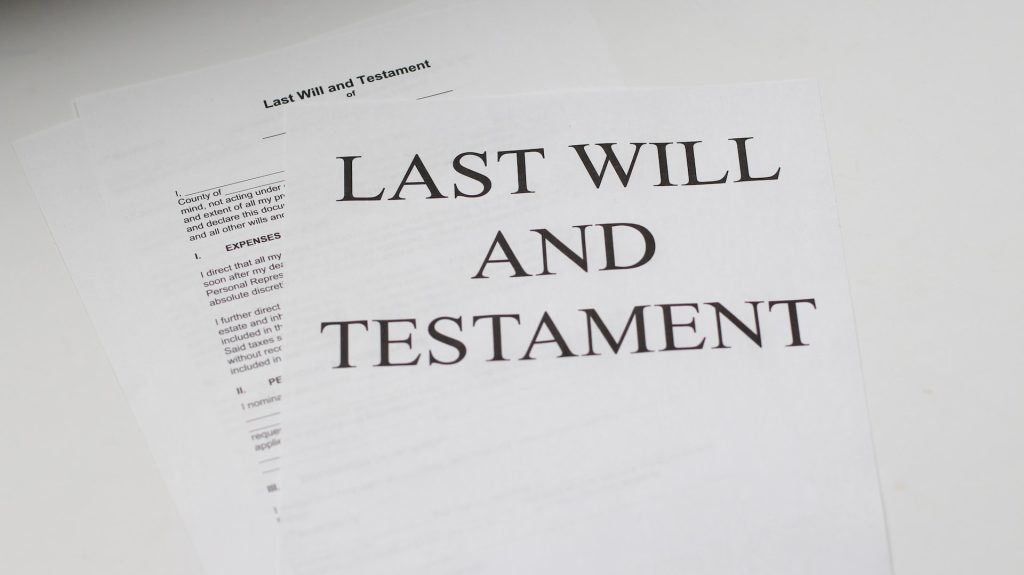To help you protect your business assets, we’ll be exploring everything you need to know about writing a will…
If you’re a business owner or own shares in a company, it can make things very complicated if you fail to protect your business assets when writing your will.
Without a will in place, disputes may arise over inheritance and the future of your business. In worst cases, this could lead to someone taking over your business who doesn’t have the skills or interest in running it properly, or your business not heading in the direction you wished.
So to avoid family members and business individuals from having to going down the route of contesting a will in the UK, in this article we’ll be sharing actionable tips business owners can take when writing a will.
What Business Owners Need to Consider in their Will
As a business owner, there are a few things you need to be aware of when writing a will. Below, we’ll be discussing some of these different factors:
Inheritance Tax
If the assets that you are leaving in your will are worth over £325,000, your loved ones will most likely have to pay inheritance tax on their bequest. While this is standard, there are often deductions that can be made if you were to plan ahead.
In the UK, business owners are entitled to Business Relief which can allow your beneficiaries between 50% and 100% of an individual’s business assets. This can be passed on while the owner is still alive or as part of a will. Failure to consider your business when writing your will can mean your beneficiaries may have to pay the maximum amount of inheritance tax.
Leadership Issues
As a business owner, it’s vital that you state clearly in your will the names of individuals who should take leadership of your company in the event of your death. Failing to do this can leave your business in jeopardy as its leadership may be taken over by somebody who is entirely unsuitable and who does not have the best interests of the business at heart.
Shares
If you hold shares in your business, it is imperative that you detail clearly in your will who your shares should go to after you’re gone. Failing to do this can have serious consequences, including:
- If you are separated from a spouse but still legally married, they may be awarded your shares along with other assets.
- If you are living with, but not married to a partner, they will not automatically inherit in the event of your death so, if you intend for them to inherit any part of your business, including shares, this needs to be made crystal clear in your will.
- Disputes could arise over who’s received shares and who hasn’t, as well as the amounts. This can add extra stress to family members and individuals who are already experiencing loss.
Control
If you’ve spent a lot of time, money and effort into building your business, it’s understandable that you will want it to continue to run with the same set of values and standards after you pass.
The only way to ensure that this happens is to make this very clear in your will. For example, you may want to include a clause which details the things you wish for the business going forward. Failing to do this means that there will be no provisions regarding the integrity of your business in the future which may harm it considerably.
Future Proofing Your Business for Years to Come
When writing your will, your business should be treated in the same way as your other assets such as your house or your car. You need to think carefully about who should stand to gain financially from the business as well as who will do the best job of running it in your absence.
Detailing all of this in your will means that, in most cases, your business will continue to run successfully and there should be a seamless transition without any downtime or delay on payments to creditors and staff.
Please be advised that this article is for general informational purposes only, and should not be used as a substitute for advice from a trained legal professional. Be sure to consult a wills and probate lawyer/solicitor if you’re seeking advice on including your business assets into your will. We are not liable for risks or issues associated with using or acting upon the information on this site.













